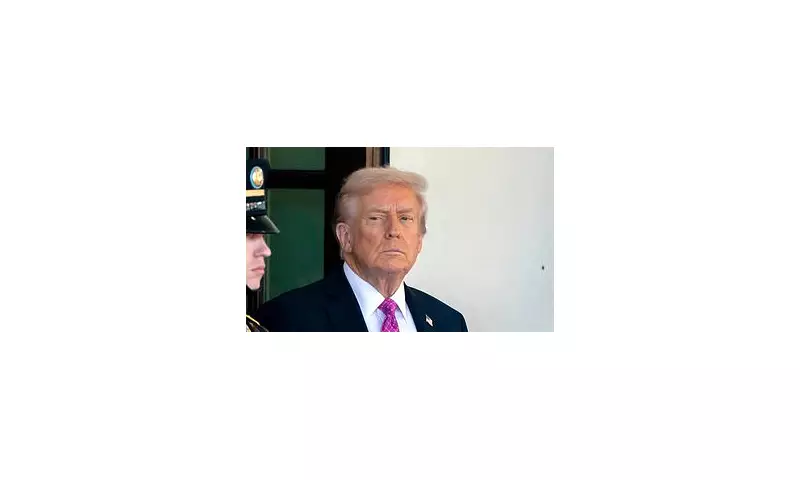
In an extraordinary diplomatic broadside that has sent shockwaves through international relations, Colombia's President Gustavo Petro has launched a scathing verbal assault against former US President Donald Trump, branding him a 'fascist' and accusing him of having 'murdered his opponents.'
The Social Media Onslaught
The explosive comments erupted on social media platform X (formerly Twitter), where the left-wing Colombian leader didn't mince words in his condemnation of the Republican presidential candidate. President Petro's tirade came in response to Trump's own social media post targeting Colombian-born actress Sofia Vergara, creating an unexpected and dramatic international confrontation.
Historical Context and Political Divisions
The verbal clash highlights the deep ideological divide between the two leaders. President Petro, Colombia's first leftist president, has consistently positioned himself as a progressive voice in Latin America, while Trump's 'America First' policies during his presidency often clashed with left-wing governments across the region.
This isn't the first time Petro has targeted Trump with strong language. During Trump's presidency, the Colombian leader repeatedly criticised his administration's approach to Latin America, particularly regarding immigration and drug policy.
International Repercussions
The timing of this diplomatic spat is particularly sensitive, occurring against the backdrop of Trump's campaign to return to the White House. International observers are watching closely, concerned that such public disagreements could strain the traditionally strong US-Colombia alliance.
Regional Implications
Political analysts suggest that Petro's comments reflect broader concerns among Latin American left-wing governments about a potential second Trump administration. The region still remembers the tough immigration policies and economic pressures that characterised Trump's first term.
As both leaders continue to use social media as their political battlefield, the international community braces for potential further escalation in this war of words that transcends borders and diplomatic conventions.





